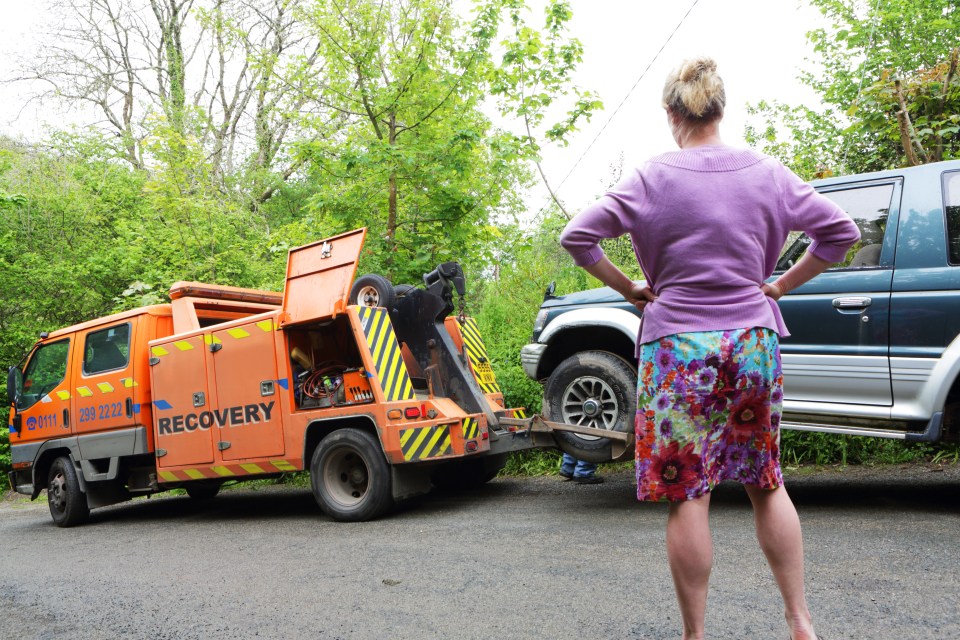‘FALSE’ Alarm! Florida Data Error Misleads Newspaper To Report Restaurant Closure
DEBARYLIFE – Flying insects, roach dung, and other health inspection breaches led to the closure of the Hammered Lamb restaurant in March, according to the Orlando Sentinel.
The Hammered Lamb was unaware of this.
The actual offender, a vegan restaurant that had failed a state health inspection and was forced to temporarily close, was mistakenly identified as the Hammered Lamb due to a data entry error in Florida.
A local newspaper mistakenly reported the closing of a well-known restaurant due to a data fault in Florida, which resulted in an odd outcome. What happened was that the newspaper thought the eatery had closed down for good because of inaccurate information they obtained from a state database.
A public database that contained details about business closures in the state was accessed by reporters for the newspaper, which caused confusion.
The database, however, showed false information—implying that the restaurant had closed—because of a technical error. The newspaper rushed to publish an article about the restaurant’s closing without independently checking the information.

The proprietor of the restaurant received a deluge of messages and calls offering support and sorrow shortly after the article was released.
SEE MORE – Shocking! TD Bank To Close Locations In New Hampshire, Maine, And Massachusetts
Puzzled by the sudden outpouring of condolences, the restaurant owner contacted the newspaper right away to make it clear that the establishment was still operational.
A technological error in the state’s computer system caused the eatery to be incorrectly marked as closed, leading to inaccurate data, as discovered during an investigation. Noticing the significance of double-checking material before publishing, the newspaper quickly apologized for the blunder and withdrew its article.
The event brings to light the possible dangers of depending only on data without adequate validation. When it comes to preventing misinformation and its unexpected repercussions, human oversight and critical thinking are crucial, even while technology can offer valuable insights.











